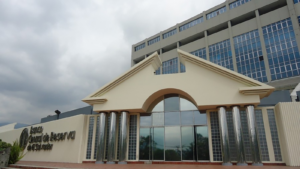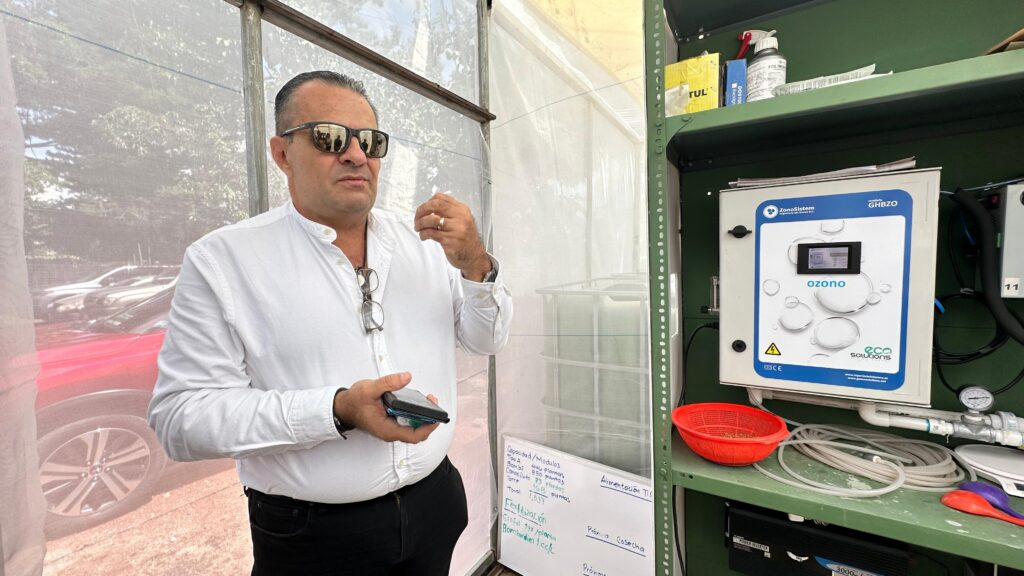
The test laboratory for the validation of innovations in sustainable agriculture systems is an outstanding initiative promoted by the Instituto Interamericano de Cooperación para la Agricultura (IICA) and the Ministerio de Agricultura y Ganadería de El Salvador (MAG). This project focuses on aquaponics, a technique that combines fish farming with vegetable cultivation, promoting resilient and sustainable agricultural practices that contribute to food security.
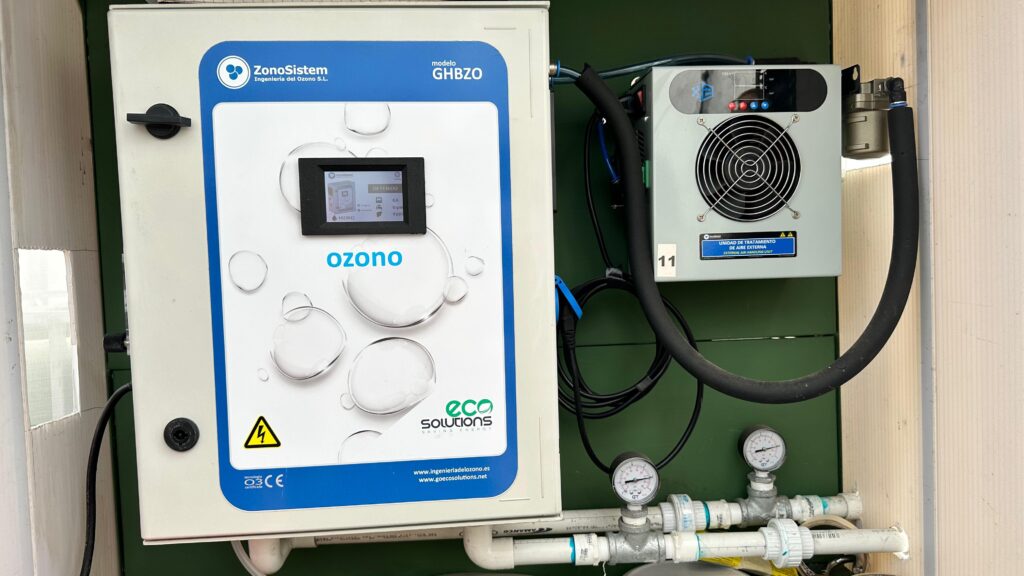

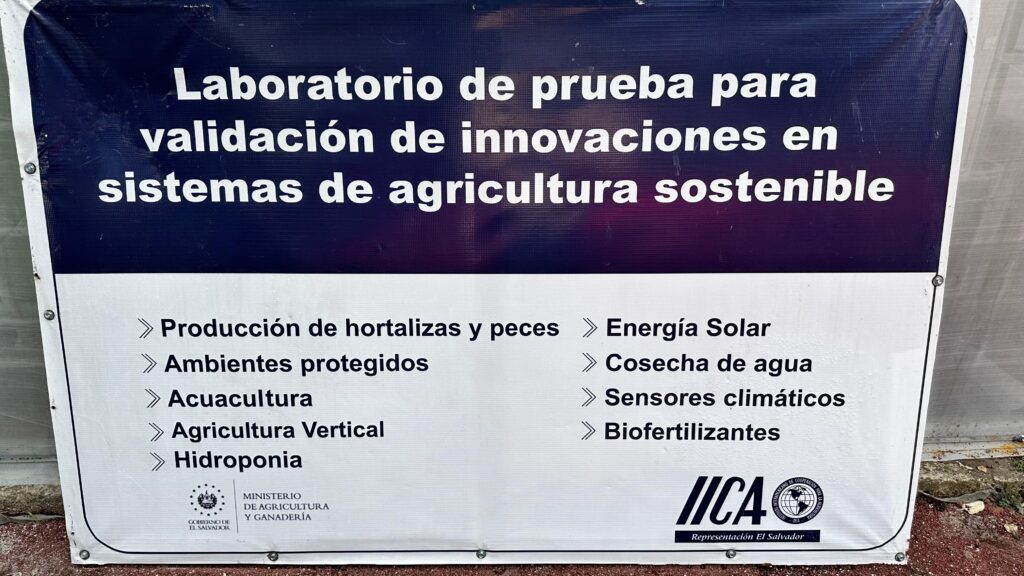
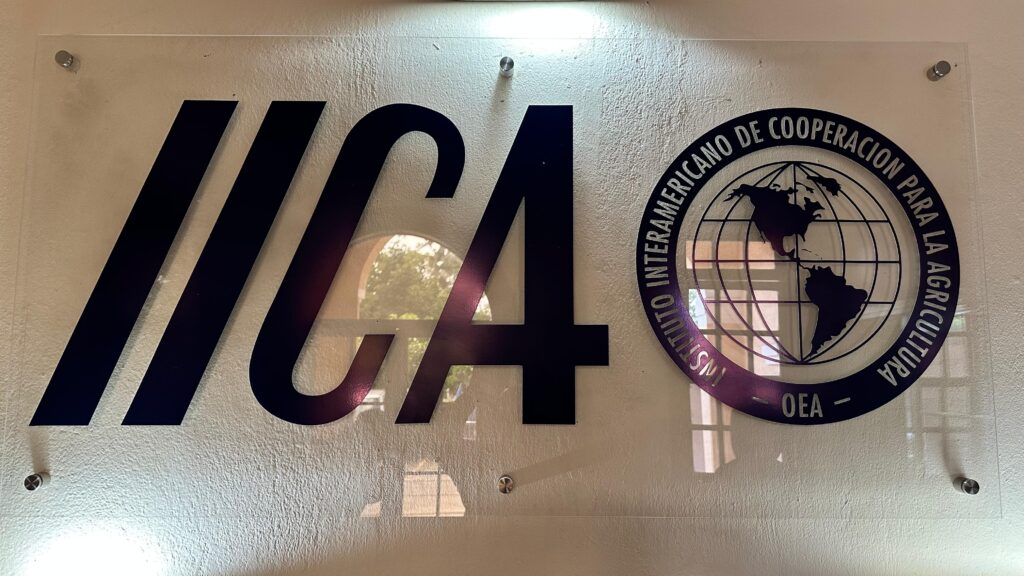
At IICA’s aquaponics center, visitors can observe innovative methods that optimize agricultural production. This system is not only efficient, but is also an example of how modern technologies can be used to improve sustainability in agriculture. Aquaponics allows the simultaneous production of fish and vegetables, offering a comprehensive solution for communities seeking food alternatives.

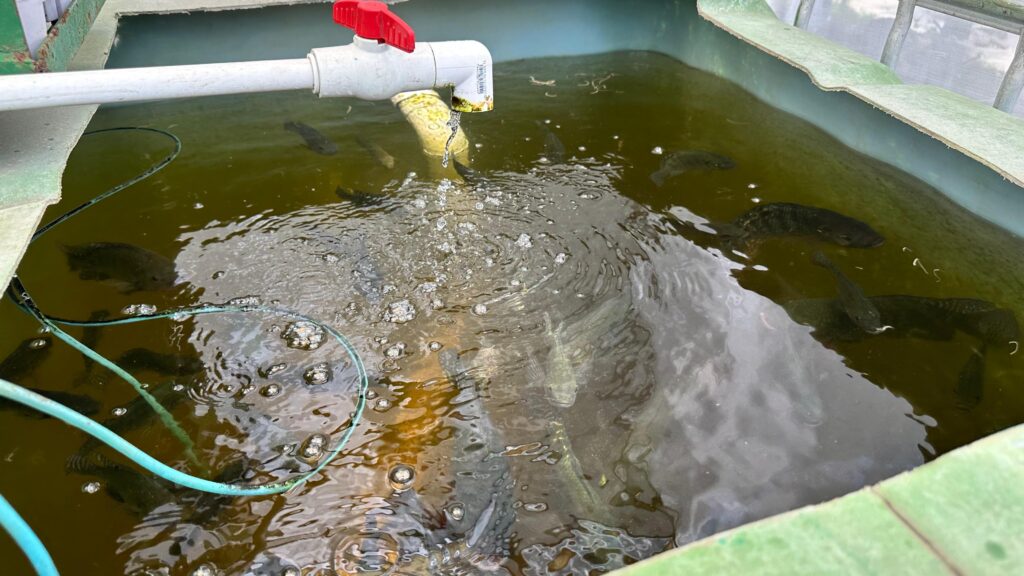

One of the most significant benefits of aquaponics is its sustainability. This intensive system maximizes the use of space, making it possible to obtain between 40 and 500% more production per square meter per year compared to conventional agriculture. In addition, it is a practice that does not require soil, which makes it ideal for non-arable land and urban areas.
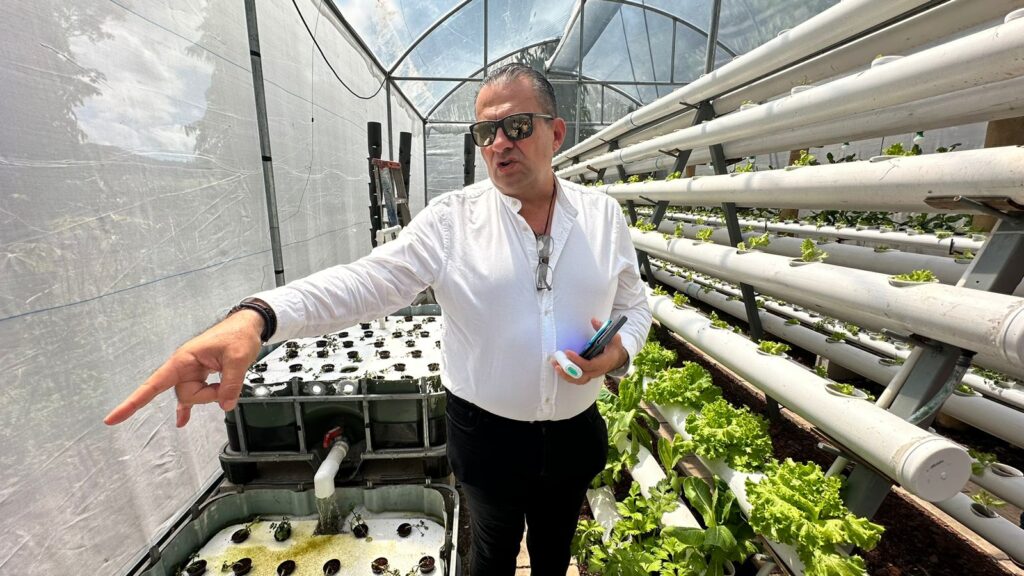

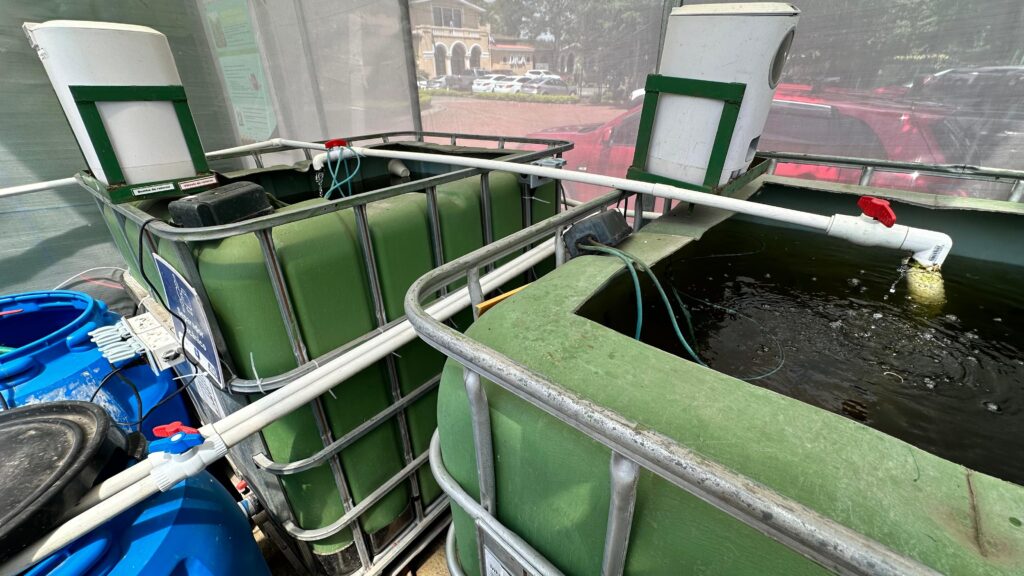
Aquaponics also stands out for its efficiency in water use, as it can reduce water consumption by 90-95%. By implementing closed recirculation systems, water resources are optimized, which is crucial in regions where water is scarce. This feature not only benefits the environment, but also allows farmers to adapt to changing climate conditions.

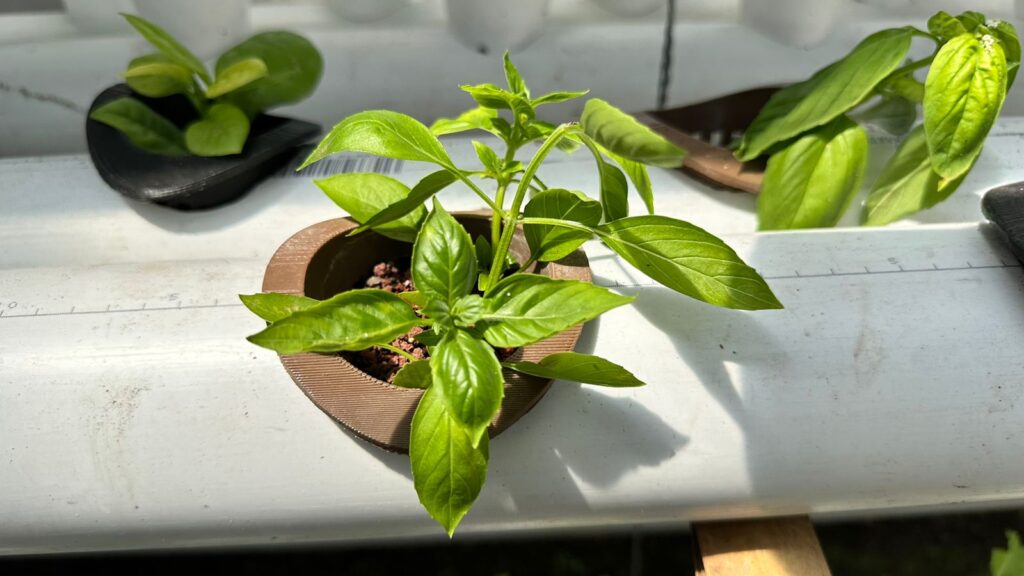
Another important aspect is the focus on organic production. Aquaponics avoids the use of chemical fertilizers and pesticides, promoting healthier and more responsible crop management. This not only improves product quality, but also encourages agricultural practices that are more environmentally friendly.
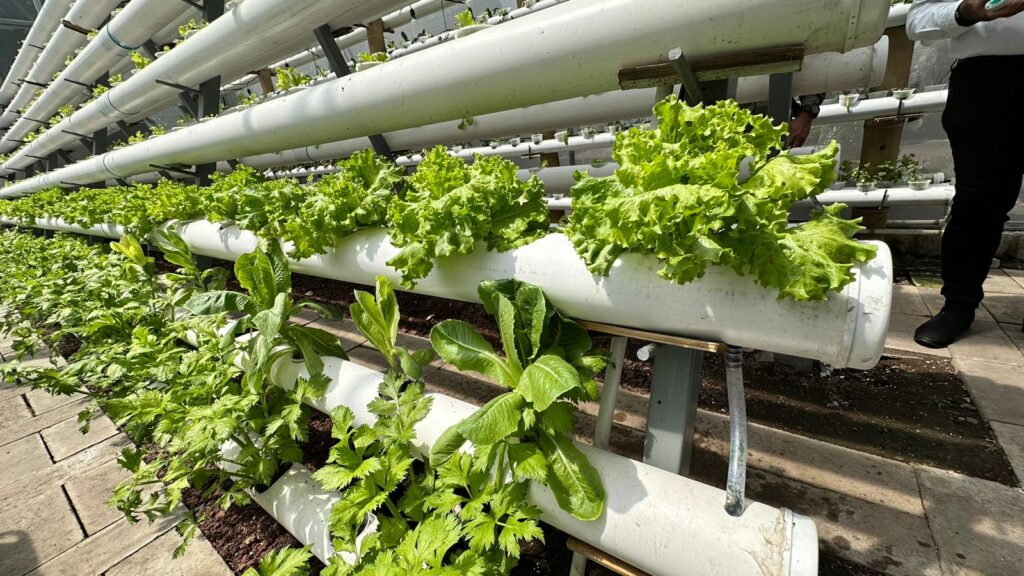
This system requires less labor compared to conventional agriculture, allowing for the inclusion of people of all ages and genders. In addition, the availability of construction materials and information on aquaponics facilitates its implementation. In summary, aquaponics represents a viable and sustainable solution to contemporary agricultural challenges, offering multiple benefits both locally and globally.






